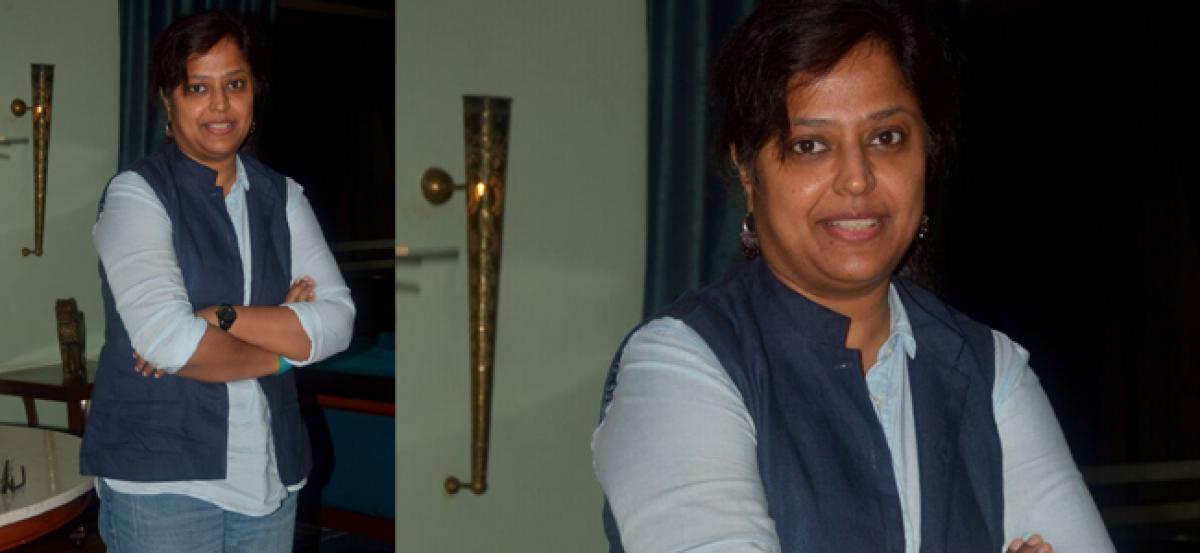A heart-rending saga

Author of six critically acclaimed books, editor, political commentator and a reputed artist, Kota Neelima at heart is first an activist She uses varied mediums of communication to speak out on socioeconomic issues that deal with politics and society and seek to demarcate the democratic deficit
Author of six critically acclaimed books, editor, political commentator and a reputed artist, Kota Neelima at heart is first an activist. She uses varied mediums of communication to speak out on socio-economic issues that deal with politics and society and seek to demarcate the democratic deficit.
Her special focus is rural India and its issues; farmer’s suicides in Vidharbha being the one subject she speaks on vehemently. Her latest book ‘Widows of Vidharbha, Making of Shadows’, published by Oxford University Press that is slated to release later this month and was read at the Zee Jaipur Literature Fest 2018. She speaks about the process of writing the book during a visit to Hyderabad
Excerpts:
What inspired you to write the book ‘Widows of Vidharbha-Making of Shadows?
I began my research on farmers of India around 15 years ago. In the years 2003-2004 there was a sudden increase in farmer deaths, government never agree that agriculture is the main problem for farmer’s death. I have written three books regarding farmer suicides in 2013.
My earlier books were based on stories of farmers as told by their wives. Later, I realised that the wives of these farmers are never asked about their well-being, so, I decided to do a deeper research and chose 50 cases and started visiting them regularly in different times for four years. When I became a part of them, I could write their story and it was very different story.
What have been the challenges?
In the beginning, my well-wishers worried about how I would go all alone to various villages and how I will manage. I said to them that I will learn. Initially, it was difficult, but I got used to it. The more the difficulties the more I got to learn. I took four years to complete the book.
What is your take away as an author from the book?
As I said in the introduction, every woman in this book has taught me something exceptional. I have got to learn so much from all of them. I chose 18 cases and all of them were amazing and there was a power about them as they had to depend on themselves. Women are totally in charge of their own fate in these cases.
Your take on women equality!
Men must treat women as equal to them. We need the approval of men in many cases which reminds me of the Second World War where the winning countries occupied several nations. Women are under the occupation of India where we must get approval for everything. We do not have the freedom in any way. This is no country for a woman. Until women are treated well let us not call our country as a democratic one.
What are your plans for other books?
Not all my books are about farmers, they are few books of mine that discuss about spirituality and faith. Why should we have faith? The fundamental issue about me is that I am a bit investigative, I won’t believe anything easily even if it the matter of religion even though I respect all religions.. Two books of mine are mainly about questions.
Now I want to get into the farmer issues and there is no political party that gave importance to the farmers. As of now we have ‘Rythu Bandhu’ where farmers who have land are given money and I suppose that in this case only rich farmers receive money.
Why is it that it is only during election that every political party’s agenda is that poor farmers loan will be forgiven? Why should poverty of the poor be connected to victory of a political party? Is this democracy? My problem is with all these schemes. To question in this country has become difficult these days.

